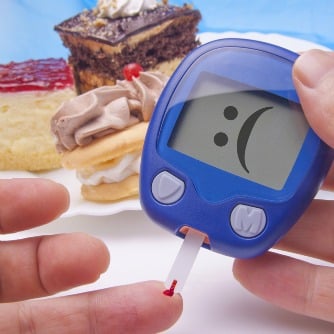The US Centers for Disease Control and Prevention (Georgia, USA) reports that: “In the past 2 decades, managing diabetes has become more expensive.” As such, increasing scientific interest is focusing on the role of dietary factors in the disease. A number of previous studies suggest that added sugars, particularly those containing fructose, are a principal driver of diabetes and pre-diabetes, to a greater extent than other carbohydrates. James J. DiNicolantonio, from Saint Luke’s Mid America Heart Institute (Missouri, USA), and colleagues completed a literature review in which the team finds that: “Added fructose in particular (eg, as a constituent of added sucrose or as the main component of high-fructose sweeteners) may pose the greatest problem for incident diabetes, diabetes-related metabolic abnormalities, and CV risk. Conversely, whole foods that contain fructose (eg, fruits and vegetables) pose no problem for health and are likely protective against diabetes and adverse [cardiovascular] outcomes.” Submitting that: “There is no need for added fructose or any added sugars in the diet,” the study authors submit that: “Reducing the intake of added sugars could translate to reduced diabetes-related morbidity and premature mortality for populations.”
Fructose Feeds Diabetes
DiNicolantonio JJ, O'Keefe JH, Lucan SC. “Added Fructose: A Principal Driver of Type 2 Diabetes Mellitus and Its Consequences.” Mayo Clin Proc. 2015 Jan 26. pii: S0025-6196(15)00040-3. Reference for financial cost: Xiaohui Zhuo, Ping Zhang, Henry S. Kahn, Barbara H. Bardenheier, Rui Li, Edward W. Gregg. “Change in Medical Spending Attributable to Diabetes: National Data From 1987 to 2011.” Diabetes Care, January 15, 2015.
RELATED ARTICLES




